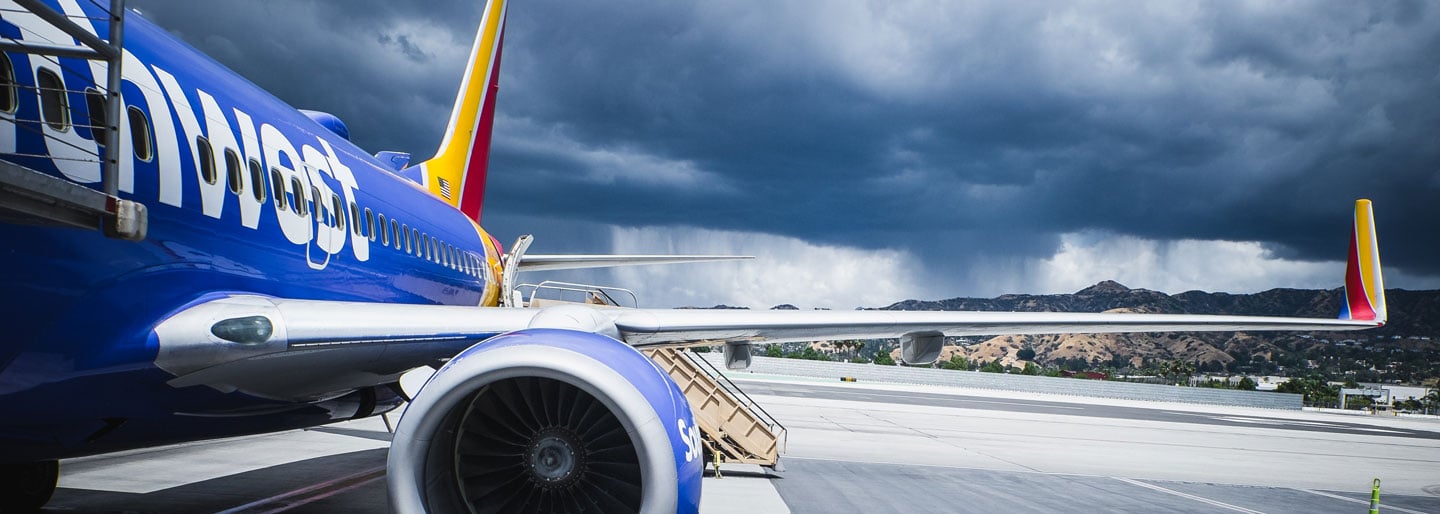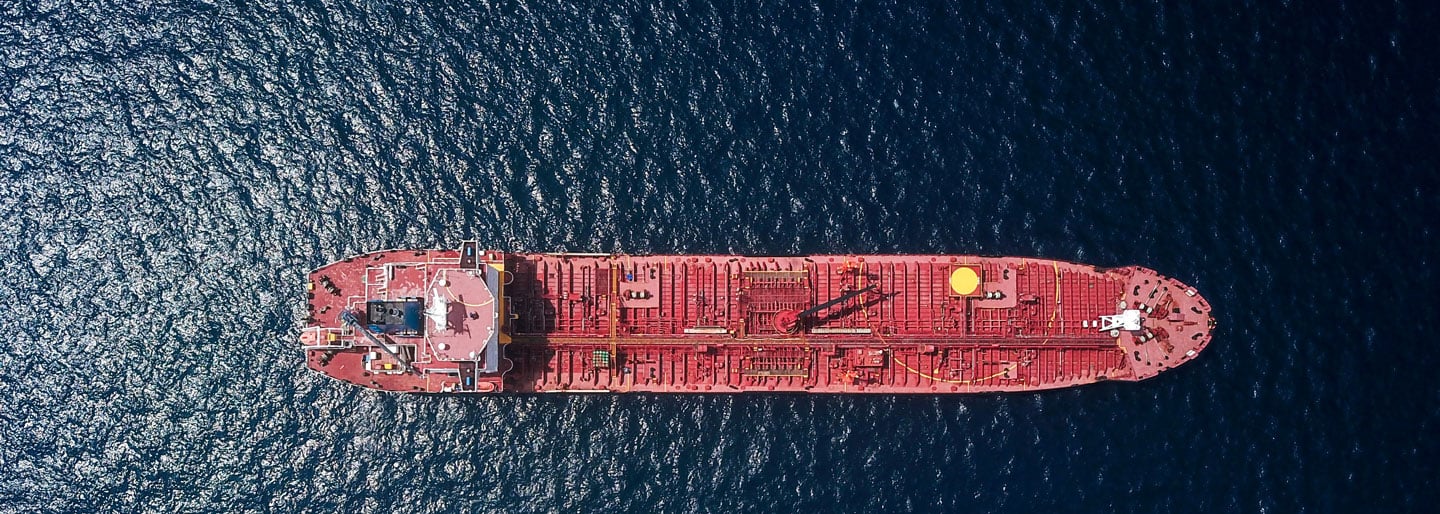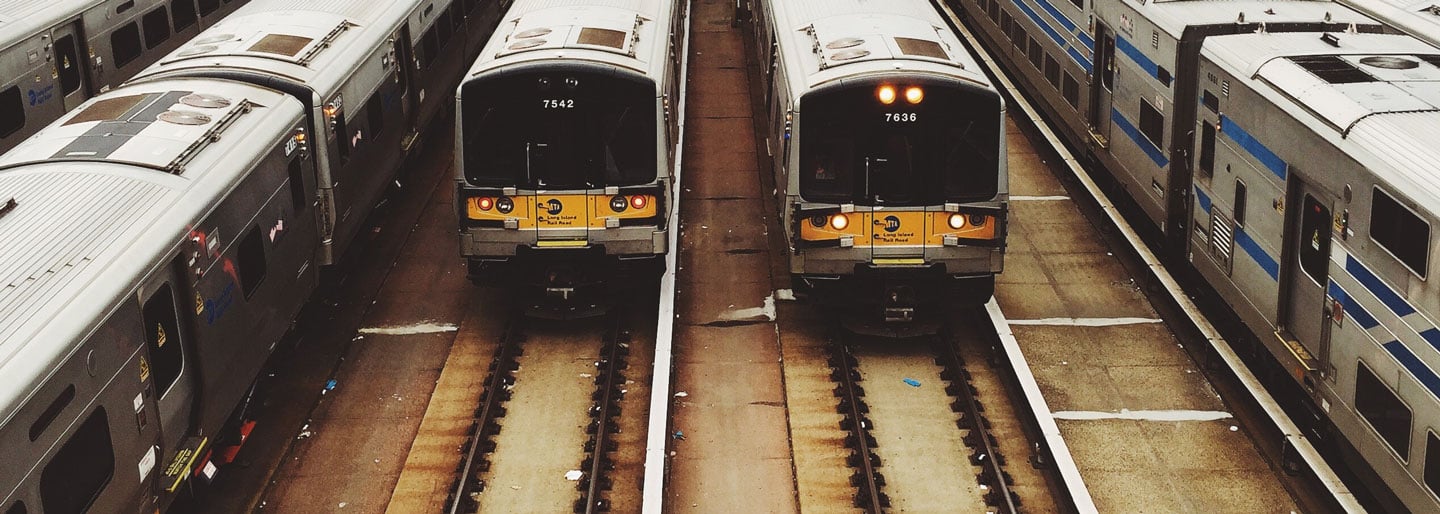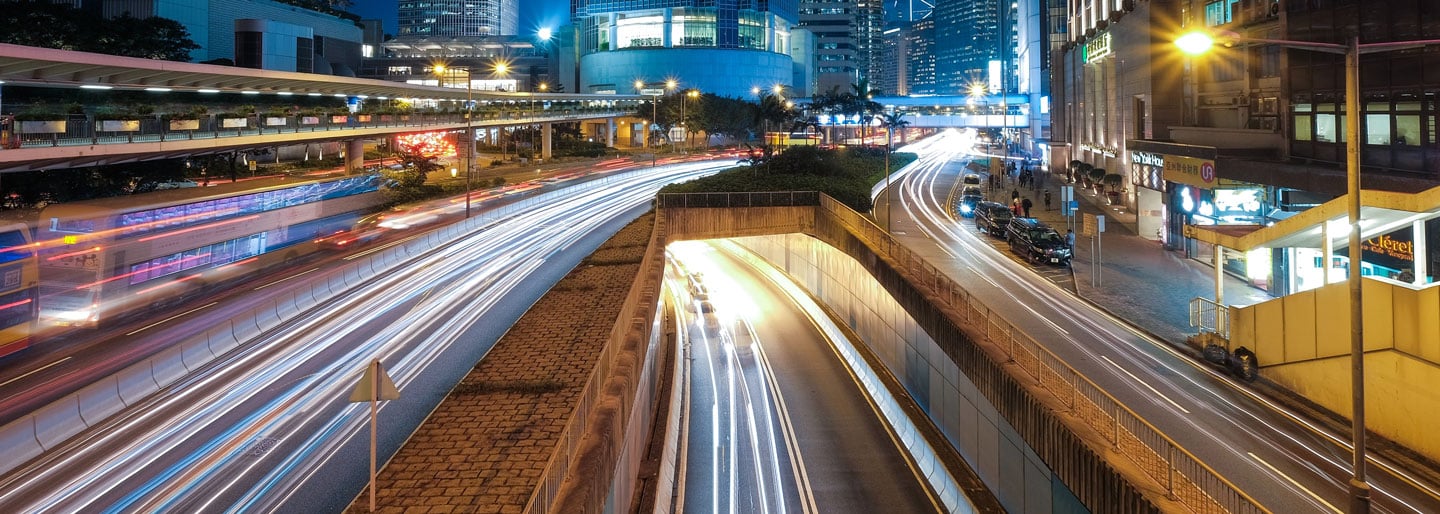Who is responsible for what? Dealing with import and its related incoterms can be tricky – especially if you are new and inexperienced in the field of shipping. This post will focus on the incoterm Free on Board (FOB), and what happens when the responsible party does not accept their legal liability. Read on to understand this term, and how it impacts responsibilities, obligations and costs.
Buying products ‘Free on Board’ (FOB)
When trading on FOB terms it is your responsibility to find and pay a forwarder to handle your shipment, however, the local costs in the country of origin (ie. all services related to transportation from your suppliers premises till the goods are onboard a ship, train or airplane) will be billed directly to your supplier. Your supplier might try to influence your choice of forwarder in order to reduce his costs, but the decision is yours entirely.
Total Landed Cost
First, we need to understand the concept of ‘Total Landed Cost‘. The total landed cost of a given product is merely the total price you have paid for a product, when it arrives at your premises and is ready to be sold to your customer. The total landed cost consist of 3 elements:
- The price you pay your supplier for the product.
- The price for transportation and associated costs of bringing the product to its destination.
- Any applicable duty and taxes.
Focusing on the transportation costs: No matter who is responsible for paying which part of the transportation, at the end of the day, the buyer – you – will be covering this cost, as part of the total landed cost. So, even if you are trading on FOB terms, where the supplier is responsible for paying all local costs, you will – one way or the other – cover these costs too.
In practical terms, when you are buying a product on FOB terms, your supplier will include the local costs of transportation in the product price. Sometimes you can find this cost as a separate line on the invoice – perhaps called ‘local transportation’ or ‘FOB costs’. Usually, as the supplier is quoting you a price for the product before knowing the actual costs for local charges, the supplier will include a buffer to ensure they are well covered.
So, whether you are trading on FOB or EXW terms, you will pay for the local charges at origin. The difference is whether you pay your supplier or your forwarder to handle it.
Buying EXW, you pay your forwarder for the entire transportation, and the purchase price of the goods will typically be cheaper, as the supplier does not need to include the local transportation in the selling price. Consequently, the transportation will be more expensive. Buying FOB, you pay your supplier, who will add the cost to your invoice, making the goods more expensive, but reducing the transportation costs.

The main reason that your Chinese supplier can arrange a local transport to the forwarder’s warehouse cheaper than the forwarder can, is that the forwarder (ie. their local agent) only has one shipment (yours) to collect from the supplier, whereas, your supplier will often have various shipments, which he can drive to the forwarder’s warehouse at the same time. Thus, enabling the supplier to achieve economies of scale (on the transportation).
Therefore, the total transportation costs from door to door (EXW terms) will most often be more costly than having your supplier take care of the local transportation (FOB terms).
Now on to the important part: How you handle your supplier, if he refuses to pay his legal part of the transportation.
The situation from your point of view
The negotiation is done, and you have finally come to an agreement with your new Chinese supplier. You have agreed to trade on FOB terms, meaning that your supplier will be responsible for all local costs in China up until the goods have passed the ship’s rail in Shanghai. Then, responsibility shifts to you, and you are responsible for the remaining part of the transportation, including freight and local costs in the UK.
You pay your supplier for the goods and book the transportation with a UK forwarder, who gets started on your shipment.
A couple of days later, you receive an email from your supplier, saying that your freight forwarder’s agent in Shanghai is charging an outrageous price for the local costs. The email contains a lot of exclamation marks as well as a price list from his own local Chinese freight forwarder. These prices are about one third of what your UK freight forwarder’s agent requests. Finally, he asks you to decide whether you want to pay the difference, or if he should ask his Chinese freight forwarder to ship the goods instead.
Sound familiar?

This is what actually happens
For FOB shipments your supplier is responsible for the following three costs:
- Transportation of the goods from his factory to your forwarder’s warehouse in Shanghai.
- Export clearance in China, so the goods can be exported.
- All costs associated with handling of the goods from the goods arrive at the forwarder’s warehouse until it boards the ship in Shanghai.
To a large extent, your supplier will have control over the first two as he can get his own people to do it or he can find someone to do it at a price he is willing to pay. However, the third cost – usually referred to as ‘local costs’ or ‘origin charges’ he cannot affect. These costs include:
Tallying (Registering) the goods upon receipt
Handling the goods, typically by hand or by forklift
Storing the goods in the warehouse
Packing the goods in a container
Driving the container to the port and
Loading the goods onto the ship
The local costs are determined by your freight forwarder’s agent in Shanghai, and will typically look something like this:
CFS – USD 23 per cbm
Document Fee – USD 75 per bill
Handling – USD 50 per bill
ENS Charge – USD 33 per bill
Customs Documents – USD 75 per bill
Warehouse Entry – USD 17 per trucker
Customs Inspection (If applicable) – USD 30 per inspection
HBL Telex (If applicable) – RMB 200 per bill
For a typical shipment of a single pallet, which we assume takes up 2 cubic meters, local costs will amount to USD 296 (2 x 23 + 75 + 50 + 33 + 75 + 17), which at a dollar rate of 7 is approximately GBP 225. It is therefore not an insignificant amount, compared to the fact that shipping from China to your address in the UK, all-in, may cost you GBP 225 as well.
The freight forwarder’s agent is impossible to negotiate with regarding these costs, so the only option your supplier has to reduce them is to turn to you. In the most extreme cases, he will even contact your UK forwarder. However, there is nothing your forwarder can do in a situation like this – this is entirely between you and your supplier.

Your supplier knows very well that the prices are fixed so his only chance is to make you pay, or have your UK freight forwarder replaced with his own Chinese freight forwarder.
Regardless of which option you let yourself talk into, you have lost:
If you decide to pay, you will have paid for something you legally should not have paid for according to your FOB-agreement, and your goods will then have become more expensive. And if you pay once, your supplier will keep coming back for more, and you will (probably) always pay for this as long as you use this same supplier.
If you accept the Chinese freight forwarder to take charge of your shipment, you are very likely to end up in a different unfortunate situation, which we have named ‘The Transportation Trap’. This is a completely different story, and to learn more about it and how to avoid it, spend 5 minutes reading this article, which will give you all the valuable details on safe import.
The price list your supplier sent you, which includes prices from his Chinese freight forwarder at a much lower rate than the price your forwarder’s agent in China is charging, is probably accurate. However, the problem is that it contains prices for local costs on CFR or CIF terms that should not be compared to the prices on FOB terms. Prices on CIF/CFR are much lower than for FOB, as the Chinese freight forwarder in this case is compensated by a return commission from the UK freight forwarder. This is described in detail in our post about ‘The Transportation Trap’.
Please note, that this is a phenomenon that you generally only encounter when importing from the East.
How to handle the situation?
You do not back down – you stand firm!
You should insist that you have agreed to trade on FOB terms and that he (your supplier) is obliged to comply with it, ie. paying the local costs, and furthermore, that your freight forwarder’s local costs are in line with the market. The latter you do not know for sure, but most UK freight forwarders use third-party agents (ie, agents that they do not own) abroad. These agents generally have to stick to the market level in order to remain agents. This makes the market find a level that most agents follow.
If necessary, make it clear to your supplier that you are willing to cancel the order (even if you are not). It is our experience that 10 out of 10 suppliers accept the cost when they have their back against the wall. By far, the majority even do it without further complaints. They are very well aware that the costs are at their expense and that prices are on par with the market.
From the supplier’s perspective, they have nothing to lose by trying. Therefore, you should never let your supplier impose local charges on you when you have agreed to trade on FOB-terms. Both he – and now you – know better.

A possible solution to avoid the above mentioned conflict
One way to get around this common issue is by requesting to buy the products on EXW terms, BUT, without pickup. This is what we call ‘EXW without pickup’. To learn more about this solution read our post on the subject. This option will ensure that you never end up in a situation, where your supplier refuses to pay the local costs, and it could possibly reduce your overall transportation costs as well.
Try our portal and select ‘EXW without pickup’ to see prices directly online.